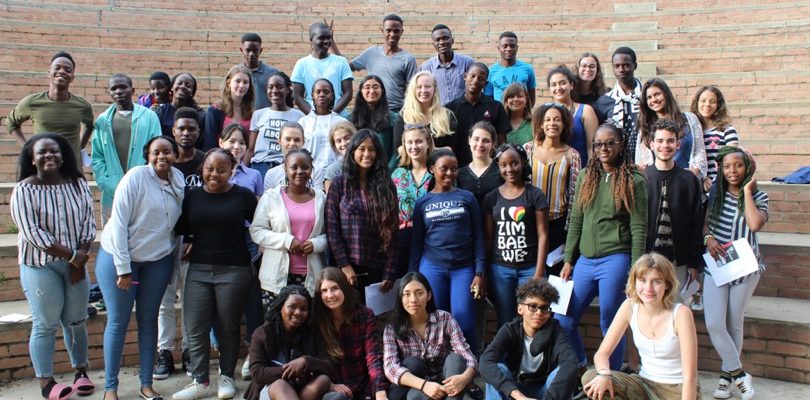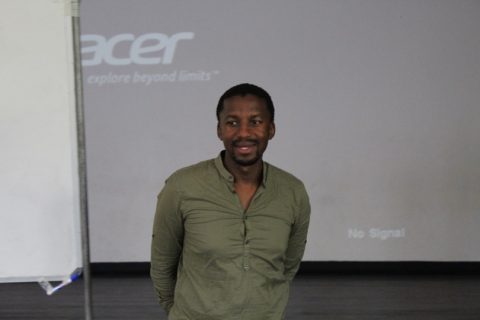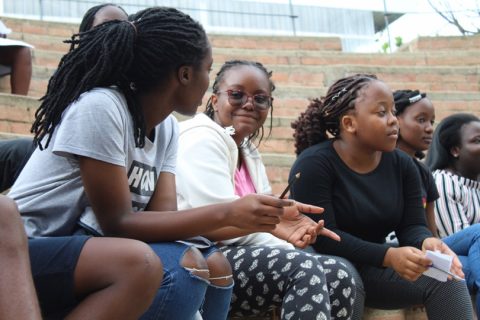
 Development invariably means different things all of us. So, what comes to mind when you hear ‘development?’ Can development be desirable or undesirable – maybe both? Are there instances where an action can mean development in one context, but regression in another? These are some of the questions which sparked thought-provoking discussions on our Introduction to Development day.
Development invariably means different things all of us. So, what comes to mind when you hear ‘development?’ Can development be desirable or undesirable – maybe both? Are there instances where an action can mean development in one context, but regression in another? These are some of the questions which sparked thought-provoking discussions on our Introduction to Development day.
We had a special treat today–a wonderful guest presenter, Mlungisi Dlamini, gave the opening session. He challenged everyone to critically engage with some of the traps that keep poor countries poor, including failed government institutions, corruption, illiteracy, war, colonialism, and more. He introduced the idea Dependency Theory, which emphasizes the systematic constraints imposed by the global political and economic order that prevent countries from developing.
This was followed by an extensive history of development dating back to the second World War. We discussed why, where, and when the concept of development was born, from colonization through the birth of international organizations like the World Bank and IMF, and the role some of these organizations play in entrenching poverty even today.
 We then moved out to the amphitheater and discussed the global distribution of power. Which countries are most influential globally? What are the sources of their power? And how much influence do international actors, like NGOs, IGOs, and even celebrities and social media wield? The highlight of the session was the representatives from the DRC passionately arguing their country wields as much global power as the United States, thanks to their control of crucial natural resources. They may not have convinced anyone, but we all appreciated the effort!
We then moved out to the amphitheater and discussed the global distribution of power. Which countries are most influential globally? What are the sources of their power? And how much influence do international actors, like NGOs, IGOs, and even celebrities and social media wield? The highlight of the session was the representatives from the DRC passionately arguing their country wields as much global power as the United States, thanks to their control of crucial natural resources. They may not have convinced anyone, but we all appreciated the effort!
The final session of the day challenged everyone to confront the stereotypes we hold about each other’s countries, whether good or bad. Is Africa a country or the dark continent? Is the West only about glam? Is the East exotic? We ended with a great TedTalk on The Danger of a Single Story by a Nigerian novelist Chimamanda Ngozi Adichie. After the lecture, a participant admitted, “…it is my first time in Africa, and I thought that Africa was a country with wild animals…and that the ‘countries’ within Africa ‘the DRC, Nigeria, and more’ were merely provinces or departments of Africa. But now I know – Africa is a great continent made up of diverse countries.”
Bringing the day to a close, participants unwound with a game on the soccer field. They then had their first Umbrella Group sessions—regular mentorship groups which offer a safe space to reflect on the day’s highs and lows within a smaller group. This activity will typically be done every evening for the duration of the short course.
It was a truly jam-packed day, and everyone is currently unwinding by chilling in the common room and watching a movie. Soon it will be lights off, with sweet dreams of New Year’s Eve tomorrow.